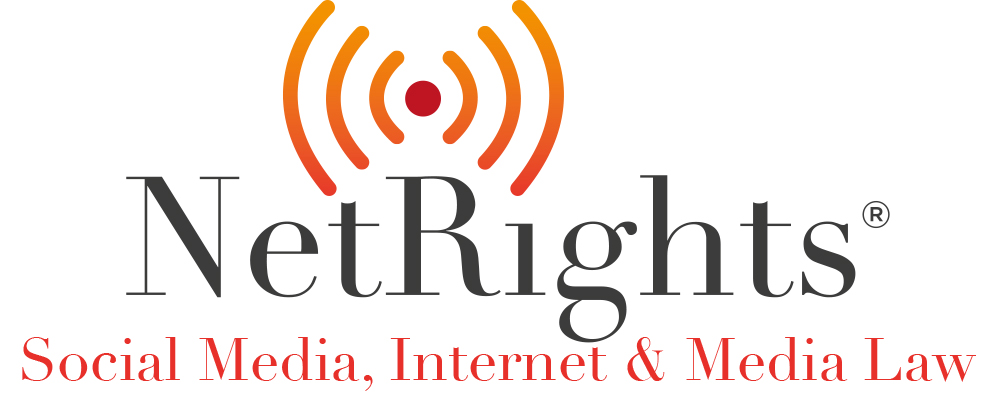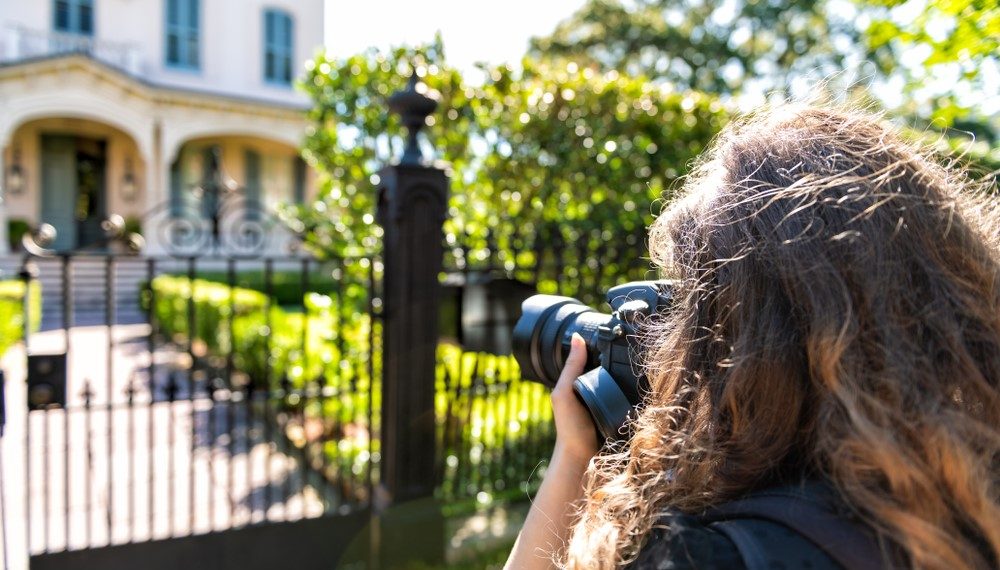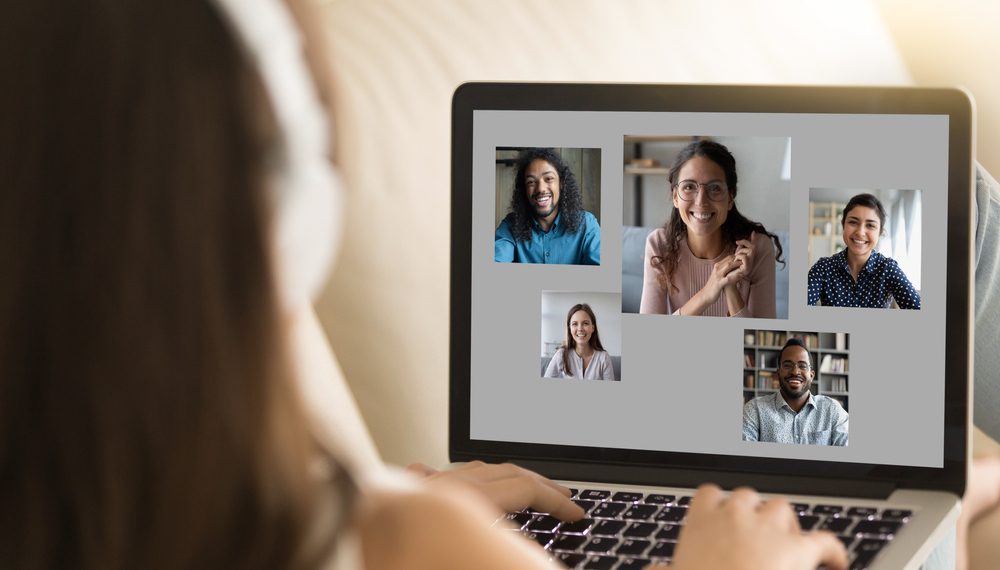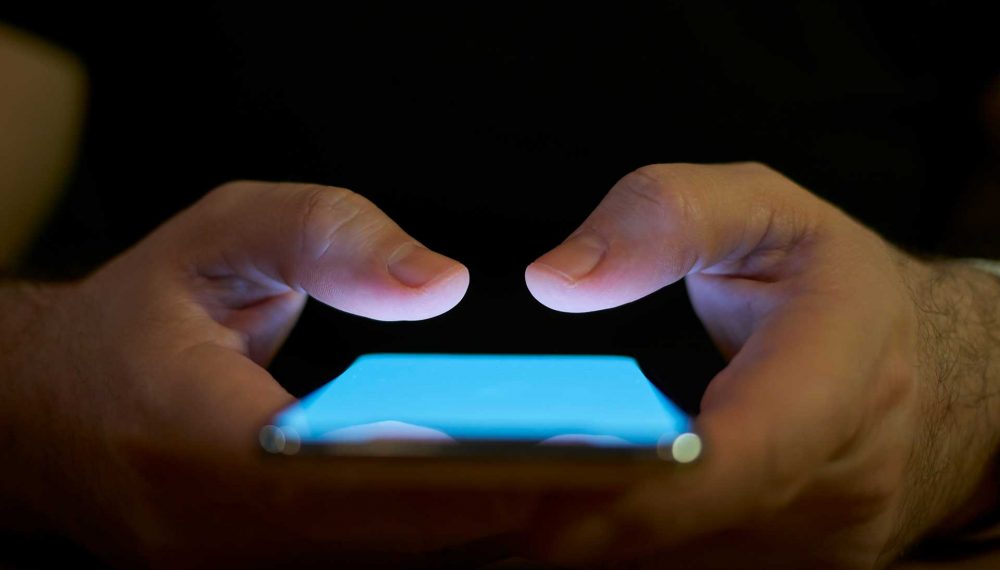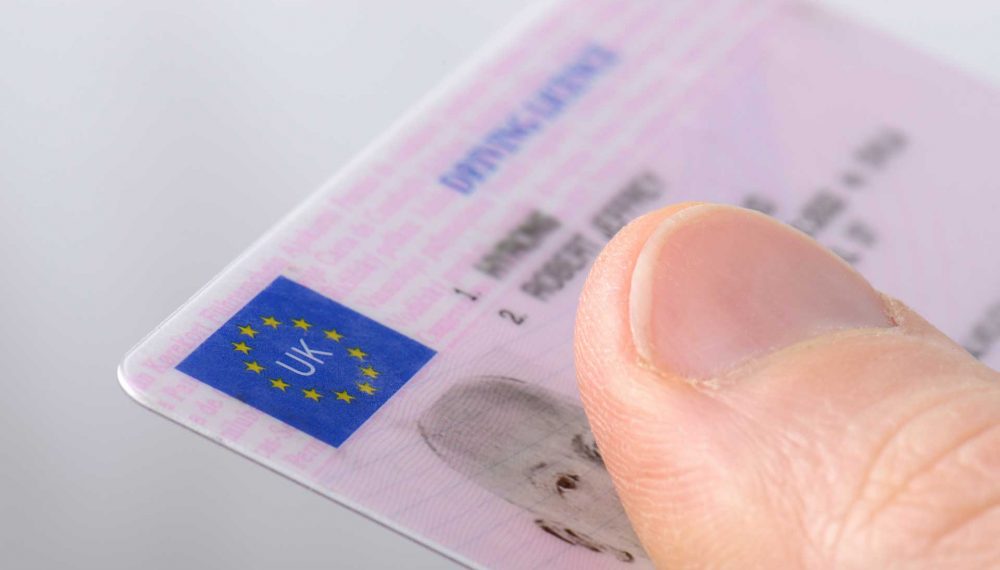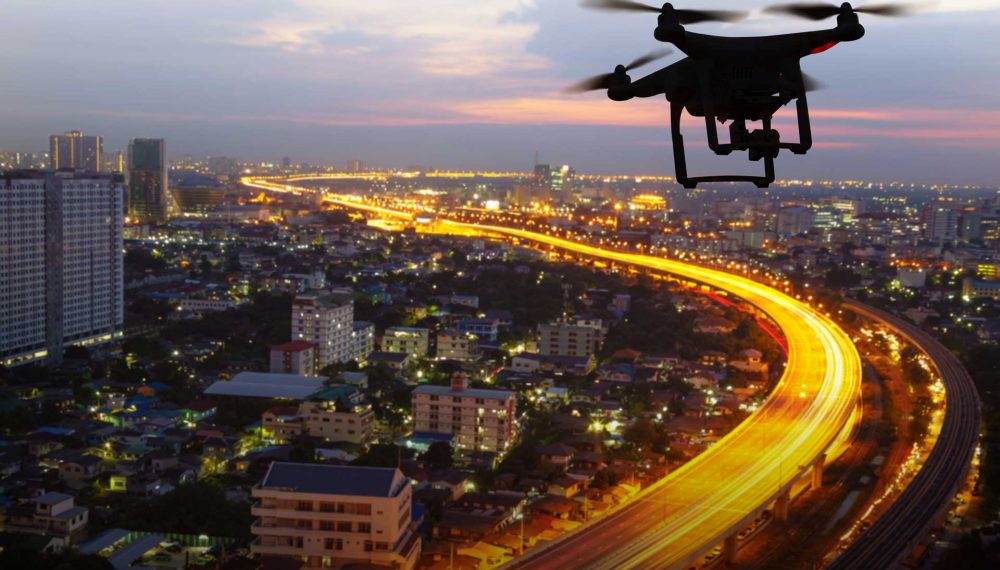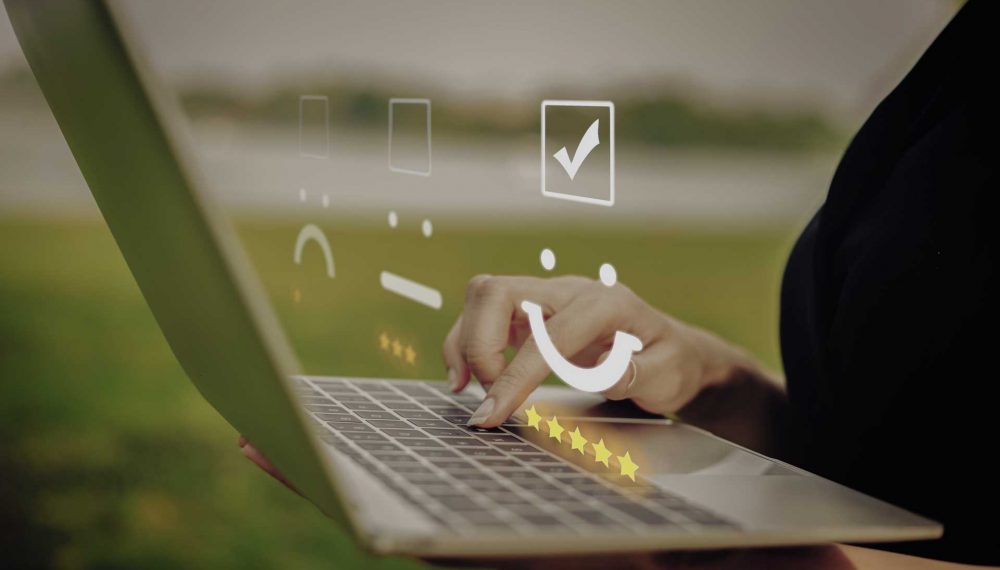There has been a dramatic surge in the popularity of remote videoconferencing in recent months. Meetings in person have not been possible due to social distancing requirements so video meetings have been the next best way to keep in touch. Remote meeting systems have proved to be valuable tools to help companies to operate whilst many staff are working from home. They have also been vital forms of communication for separated families and friends wishing to stay in contact with each other throughout the lockdown
However, use of video conferencing facilities can expose you and your company to risk. There have been cases of unauthorised people hijacking meetings where the platform has not been used securely and there is an increased risk of phishing.
To help protect yourself, your family and your staff, consider the following precautions:
- Do not leave video meeting settings as “public”.
- Set screen sharing to “host only”.
- Send meeting links directly to the people you are inviting to attend the meeting, rather than posting or sharing links on social media that could be available to other or the general public. Only allow signed in users to participate.
- Meeting hosts should set a password for access to the remote meeting or use the platform to control who is permitted to attend the meeting.
- Use ‘waiting room’ facilities to screen participants before they are allowed to enter your meeting.
- ‘Lock’ your meeting after all the expected participants have joined to avoid unwanted intruders.
- Avoid file sharing with any users that you don’t recognise.
- Where possible avoid referring to confidential or private information.
- Make sure that you and your fellow meeting attendees keep video meeting applications fully updated.
- Ensure that your firm’s information security policies deal with appropriate use of remote working systems.
The use of remote video conferencing facilities will always carry a degree of risk due to the nature of the platform, but these considerations should help you to avoid becoming a target.
NetRights is the Social Media, Internet and Media Law department of Parnalls Solicitors. For legal advice regarding breaches of confidential or private information, please contact NetRights at enquiries@netrights.co.uk or telephone 01566 772375.
The contents of this article are for purposes of general awareness only and do not constitute legal or professional advice.
